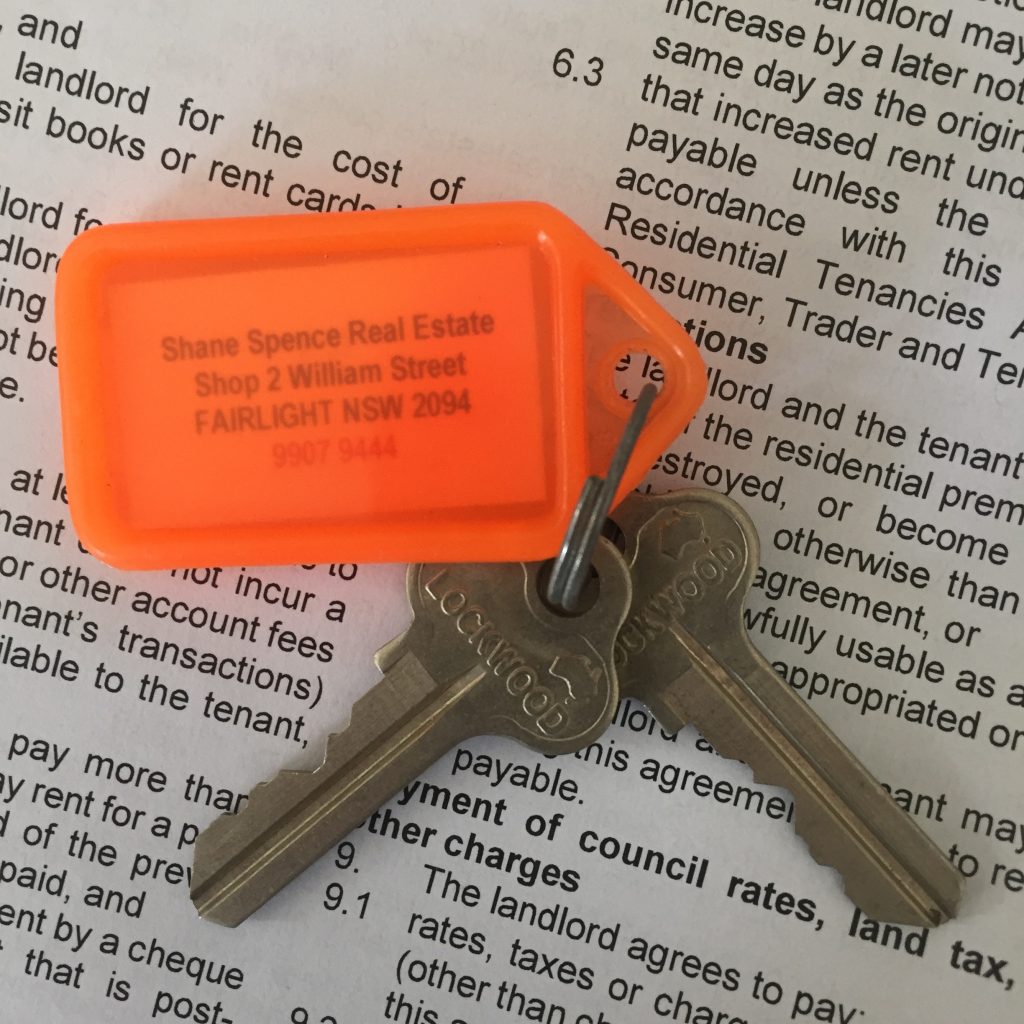Life Of Tenants
Ten Things Government Could Do To Improve Life For Tenants

With elections looming in both NSW and Federally, most parties are bringing out policies which they think will appeal to tenants. Fair enough, tenants represent something like 40% of the population, possibly more in certain seats. Many of the policies I have read include such things as: ruling out No Fault Terminations or; limiting the level or frequency of rent increase, will no doubt appeal to many tenants. They may not however appeal to landlords who represent an equally large section of the voting public.
I have put my thinking cap on and I have come up with 10 ideas, which I feel will have far greater impact on the lives of all tenants.
- Ensure rent increases meet market value. There is a push by some to restrict rent increases to CPI. Whilst the housing index no doubt flows into the CPI calculations, the rental market has its own set of supply and demand forces. If the supply of housing falls below demand, rents increase. Landlords will be encouraged into the market in order to take advantage of higher rents. Market pressures will be brought back into balance. Rent increases will stall. At the moment rents are falling due to an over supply of properties in the rental market. This was brought about by a 5-year property boom, which was fuelled by investors buying into the market. By placing any price restriction on any market, you remove the essential market mechanism. Think back to what happened in the wool industry when a floor price was in place. A CPI price restriction will at certain times discourage new investors in to the market and could encourage some existing investors to leave; thereby exacerbating the shortage of available properties. This is exactly what happened in the bad old days of protected tenancies after WWII. Not only did the pool of private rental properties dry up, public housing had to increase to fill the gap and existing properties were maintained at a minimal level. The answer is to establish a register of rent increases via the Rental Bond Board’s, Rental Bonds Online (RBOL) Service. These figures could be monitored and made available to the tenants, real estate agents and the public.
- Ensure tenants have access to solar generated power by establishing Strata Titled Solar Farms located in rural areas. Tenants or other strata unit owners, could buy an entitlement into the Solar Strata Plan in order to subsidize their power costs. Tenants or owner occupiers of units would be eligible to government rebates or interest free loans as may exist from government to government.
- Only allow negative gearing and capital gains benefits on new properties. This will have the long-term effect of increasing the pool of newer homes available for rent and lower the average age of rental properties; thereby increasing the quality of facilities available to tenants. This is similar to, removing old cars off our roads, with the resulting affect we now have a much younger fleet of cars; which are safer, more comfortable and more fuel efficient than older vehicles.
- Place a mandatory age limit on properties, which can be leased. Tenants are often left with no choice but to lease properties, which do not meet current standards. For example: We live in a modern society with a high dependence on electrical appliances. Units built prior to the mid 1970’s only have 32 amps of power available. After the mid-70’s newer buildings have 63 amps supplied. Putting this in context, a 50 litre hot water system draws 15 amps, add to this an oven at 10 amps and 5 amps for each electric hot plate; and 16-20 amps for all power points (a portable AC unit generally draws about 10 amps). It is not hard to see why in early winter, tenants in older units experience inconvenient blackouts. Similarly, many balcony hand rails, fire safety, ceiling insulation do not meet current acceptable standards. A mandatory 50-year rule should be introduced. Properties older than 50-years need to be completely refurbished to current standards. They would need to be certified before they can re-enter the rental market.
- Make Owners Corporations subject to the Residential Tenancy Act. As any tenant or property manager will tell you (and NCAT members) getting Owners Corporations and Strata Managers to do anything which involves resolving a tenancy issue is near on impossible. For example: a garage door frame needs repair. The responsi9bility of the owners corporation. The owner, tenant and property manager are at the mercy of Strata Managers and Owners Corporations to decide in what time frame this might be completed. As the Owners Corporation also represent the landlord owners of a building, it only makes sense that Owners Corporations should be subject to the Residential Tenancy Act
- Introduce a pet bond. Many tenants want to have a pet. Tenants are often prevented from doing so because of justifiable fears of landlords and property managers. Pets of the potential damage to flooring, walls and other soft furnishings. Many landlord insurance companies now include a pet clause, which covers damage by pets. The next step is to introduce a pet bond, which would be sufficient to cover the potential cost of replacing a depreciated value of some of these items. Thereby placing some of the onus of care on the person wanting to keep a pet.
- Improve the educational requirements of all Real Estate Agents and reintroduce a minimum 2-year work experience rule for Licensees. This is an old issue for many in the industry. Successive governments have reduced the educational requirements of entering the industry. They have also removed the requirement of a minimum 2-year work experience prior to becoming a Licensee. The rational has been that making entry into the industry easier will increase competition. The result has been to reduced the knowledge and experience level of the industry.
- Require Landlords to complete an annual online educational course. There are many landlords who choose to go it alone without the assistance of a real estate agent. Equally, there are many landlords who use a real estate agent but ignorant their advice. Requiring landlords to complete an online CPD style course will keep them abreast of their obligations.
- Clarify the rules around sub-letting and mandate that sub-tenant bonds are lodged with RBOL. It is one thing allowing tenants to sublet part of their rental property. The sub-tenant is often at the mercy of a head tenant; who has no idea of their obligations. Head tenants who sub-let out properties have become landlords / agents. Head tenants need to complete a CPD course before they can sub-let. It should be mandatory for all bonds collected by a head tenant be lodged with RBOL
- Ensure short term furnished rental properties meet the same quality and safety standards as hotels. Whilst not directly related to the residential rental market, the rise of AirBnB and other short term holiday accommodation premises has reduced the pool of residential properties in some areas. These properties are commercial rentals not residential rentals. Often an owner will throw in old furniture from their home and think job done. Theses holiday lettings are often located in rersidential strata unit buildings. These properties do not meet the fire safety standards noise standards or security standards of hotels; against which they are competing for market share. They do not necessarily have fire rated carpets, curtains and bedding, fire rated doors, back to base fire alarms, a 24/7 emergency repair service, noise proof floors, ceilings doors or walls. These issues impact on the comfort and safety of other occupants in the building – including tenants who in some buildings represent the majority of occupants.

Recent Comments